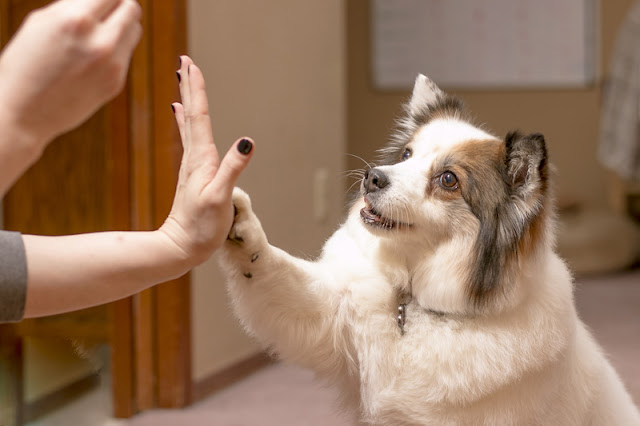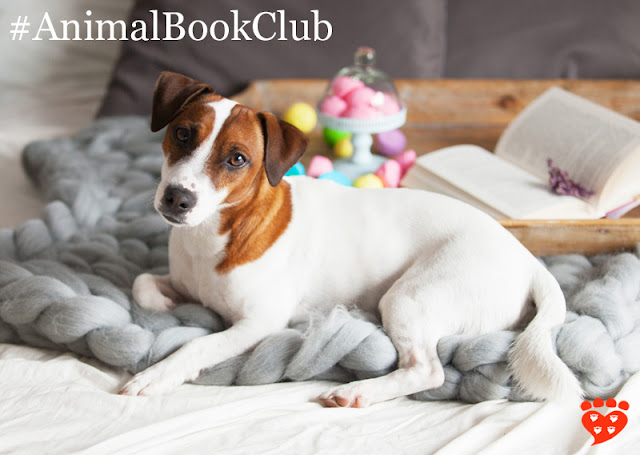Two upcoming events in the BC lower mainland, featuring Chirag Patel. By Zazie Todd, PhD The BC SPCA Animal Behaviour Science Symposium will take place in Burnaby, BC, on 2nd and 3rd June 2018, featuring Chirag Patel, world-renowned behaviour and training consultant, and star of the UK TV show Nightmare Pets SOS. As well, there will be talks from Karen van Haaften DVM, Kim Monteith, Claudia Richter DVM, Rebecca Ledger PhD - and myself. I'm really looking forward to it! And before that, on 31st May, the BC SPCA Pet Behaviour Speaker Series is hosting 10 Things Your Dog Wishes You Knew, featuring Chirag Patel, Dr. Karen van Haaften, and Kim Monteith. This event at The Historic Theatre in Vancouver will include live dog demonstrations.







